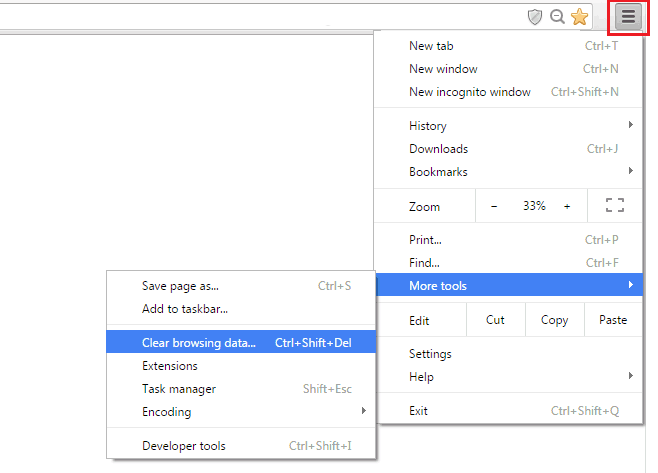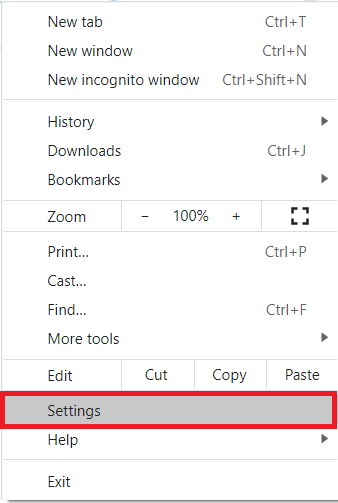

When you revisit a cached website, the browser can load the locally stored version of these files rather than re-downloading them from the internet. This data can include website images, CSS stylesheets, and JavaScript files.


Why Clear the Cache?Īs you use your desktop or mobile browser, caching certain types of web data locally on your computer. Read on to learn more about the benefits of clearing your browser cache, how to do it without deleting passwords, and the alternative to built-in browser password managers.

Users must explicitly instruct the browser to clear login data if they wish to wipe passwords. Web browsers save usernames and passwords in a different type of storage than cached webpages, temporary site data, and stored cookies. However, some wonder, does clearing your browser’s cache delete passwords?Ĭlearing browser cache should not delete browser-saved passwords. Clearing your cache can free up space on your desktop or smartphone. In older versions of Firefox, this option is in the Privacy tab instead of Security.A cache is a web browser feature that allows web pages to quickly reload content when you return to a website, rather than loading everything from scratch. This will prevent passwords from being saved in the future. If you wish, deselect the option to Remember passwords. To eliminate specific saved passwords, click View Saved Passwords and delete just those associated with weblogin.bu.edu. To eliminate all existing saved passwords, click Remove all. In the menu bar, open the Firefox menu.In older versions of Firefox, this option is in the Privacy tab instead of Security. If you wish, deselect the option to Remember logins for sites. You can also remove all saved passwords by clicking the Remove All button. To eliminate specific saved passwords, locate the site within the Site column and click on it once to highlight it in blue. Click the menu button and choose Preferences.


 0 kommentar(er)
0 kommentar(er)
